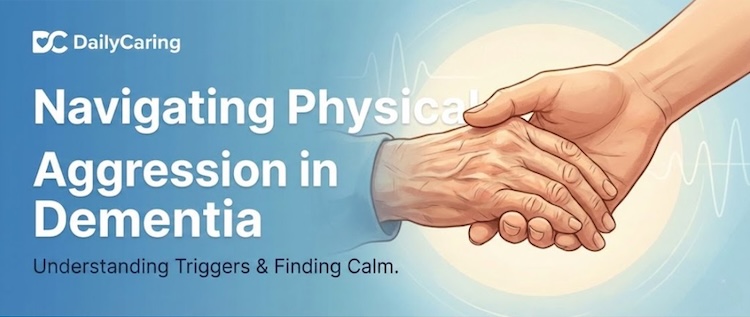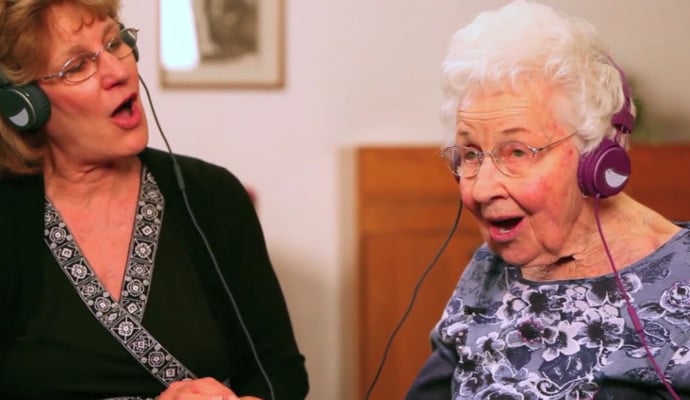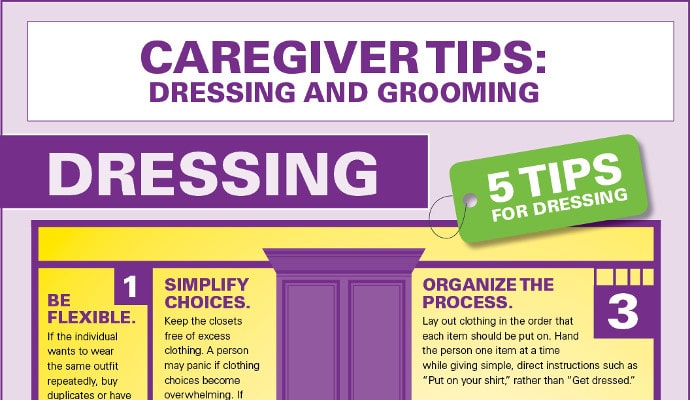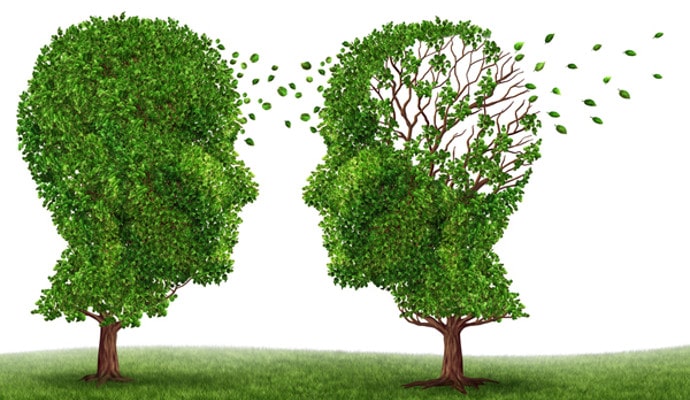When a loved one living with Alzheimer’s or dementia suddenly lashes out physically, the experience can be heart-wrenching and frightening for any caregiver. It’s easy to feel like you’re doing something wrong or that the person you love has disappeared, but these outbursts are a symptom of the disease, not a personal attack. By reframing aggression as a form of communication for…




















